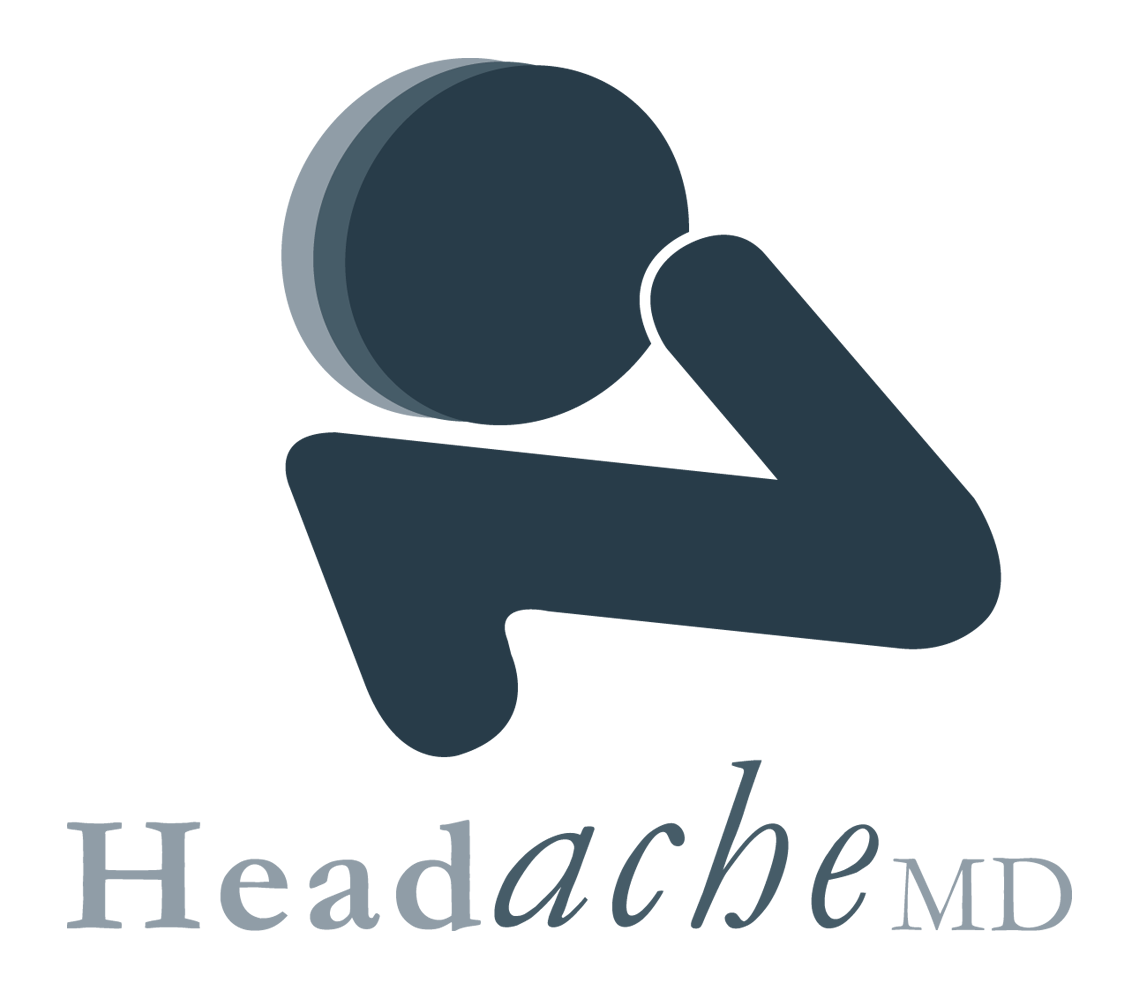Tension headaches may be one of the most common types of headaches yet their causes are not as understood as other types. Fortunately, scientists including healthcare professionals like doctors can identify the symptoms, diagnose the condition, and provide for effective treatments for tension headaches – truly, bright spots in the otherwise gloomy hours when an attack strikes.
Consensus on Causes
Scientists agree on the following causes or triggers for tension headaches in their sufferers:
- Overuse of painkillers as is the case with rebound headaches
- Activity wherein the head is held in one position for prolonged periods, thus, making the muscles on the scalp and neck to become tense. Examples include typing on the computer keyboard, using a microscope, and performing fine work with the hands.
- Sleeping with the neck in an abnormal (i.e., bent out of its normal alignment) position
- Sleeping in a cold room
- Caffeine overdose and withdrawal
- Alcohol consumption
- Flu and sinusitis
- Eye strain especially during computer work
- Excessive smoking
- Fatigue caused by physical and psychological factors like exertion and depression
And even in the same individual, the triggers for his tension headaches may vary from one attack to the next although a pattern can be made; this is where keeping a headache diary comes in.
This discussion on the common causes of tension headaches has a valid reason: When you can identify your triggers, you will be in a better position to avoid these triggers so you can enjoy a better quality of life – look, Ma, no more tension headaches!
Cure and Care Measures
When a tension headache attacks, you are justified in thinking that it will never end and your life is ruined because its symptoms are, indeed, painful. Your symptoms usually include dull pain that feels like extreme pressure being applied by a tight band around your head with the pain worse in the scalp, temples and/or back of the neck sometimes radiating to the shoulders.
Your suffering may be as short as 30 minutes or as long as 7 days so much so that you may have difficulty in sleeping as well as bouts with nausea, dizziness and vomiting. Your symptoms may be relieved by massaging the affected areas but these can also be worsened by stress, fatigue and sensory stimulation (i.e., noise and glare).
Fortunately, you can look forward to bright spots with the following cure and care measures:
- Avoid your headache triggers. This is the most important preventive measure especially for chronic sufferers of tension headaches.
- Ask your doctor about over-the-counter medications that can be taken even before the symptoms set in. The most common are over-the-counter painkillers, narcotic pain relievers, and muscle relaxants.
- Ask your doctor about prescription medications, too, including SSRIs and tricyclic antidepressants; be sure to follow dosage instructions as under-treatment and over-treatment of primary headaches can result in tension headaches.
- Adopt an effective stress management plan so that you can avoid stressful episodes from bringing on attacks of tension headaches. Think yoga, meditation, cognitive behavioral therapy, biofeedback and even acupuncture.
Of course, the brightest spots in tension headaches – these are not associated with brain diseases including tumors and these are not likely to cause serious medical problems. With proper care, you can be largely free of these painful episodes!
